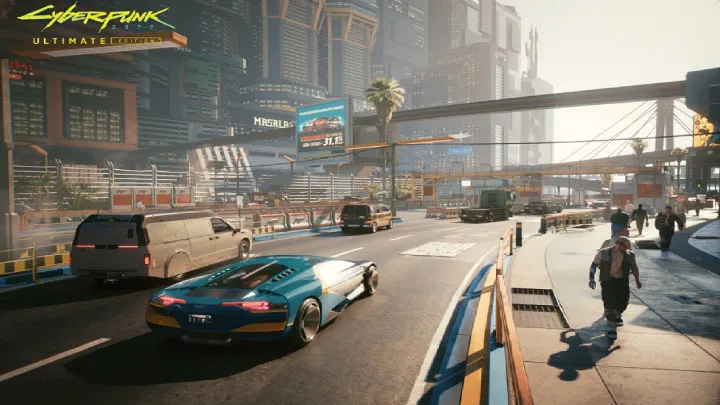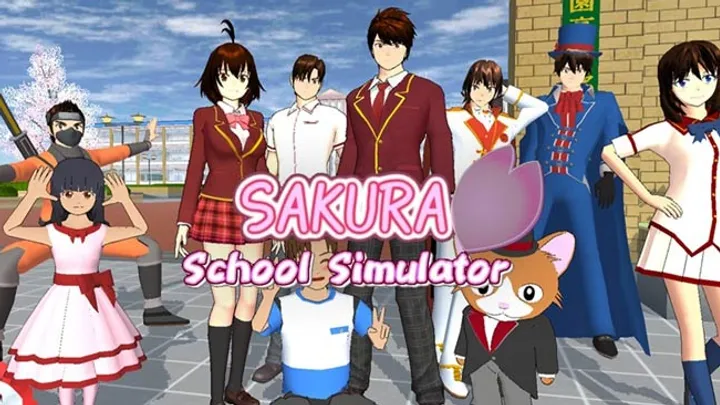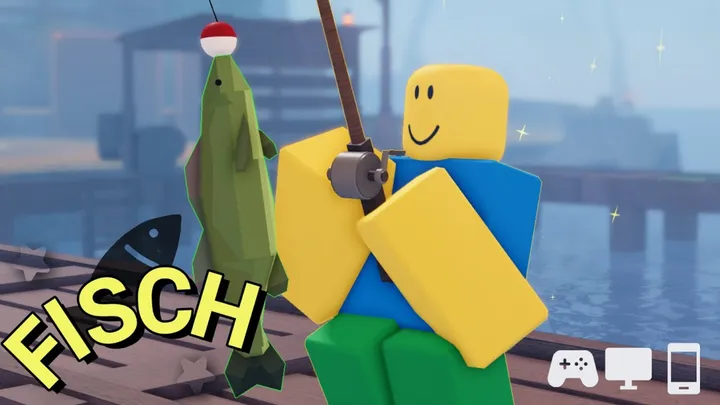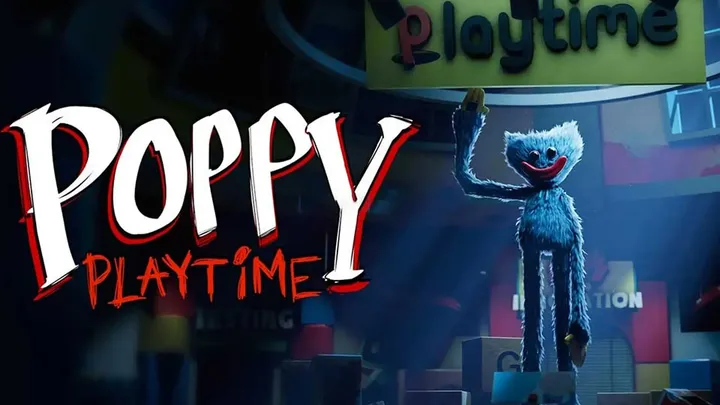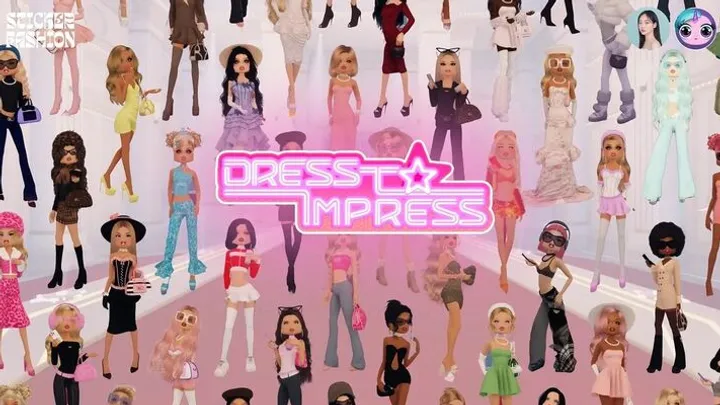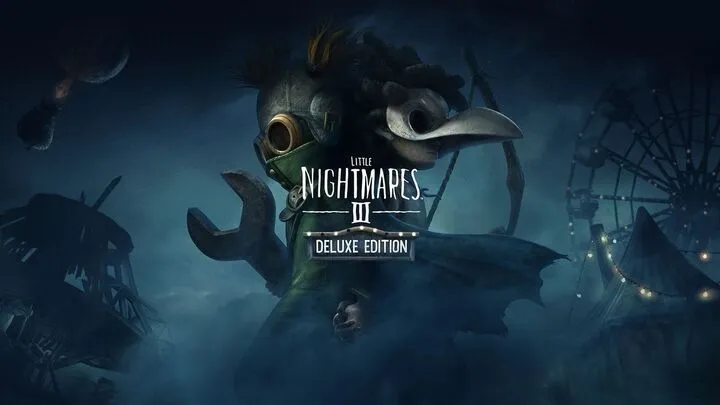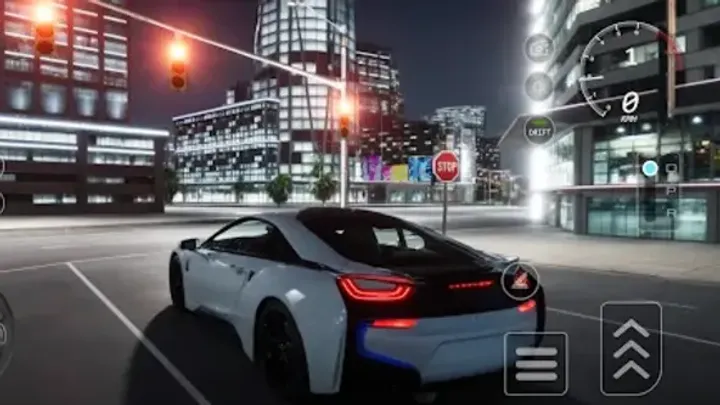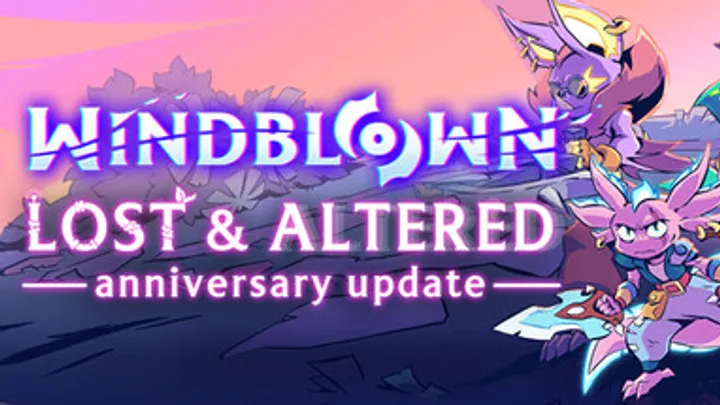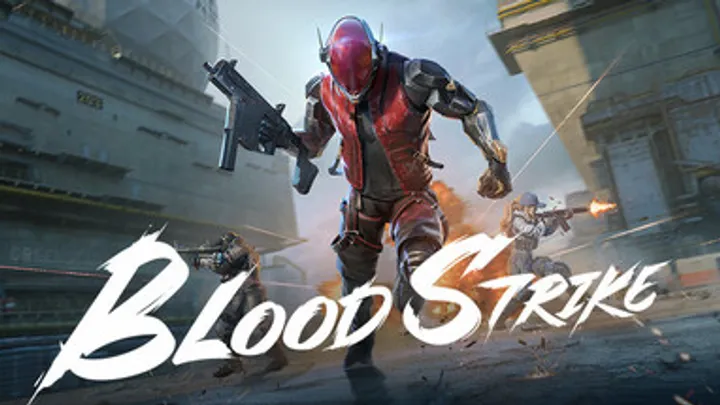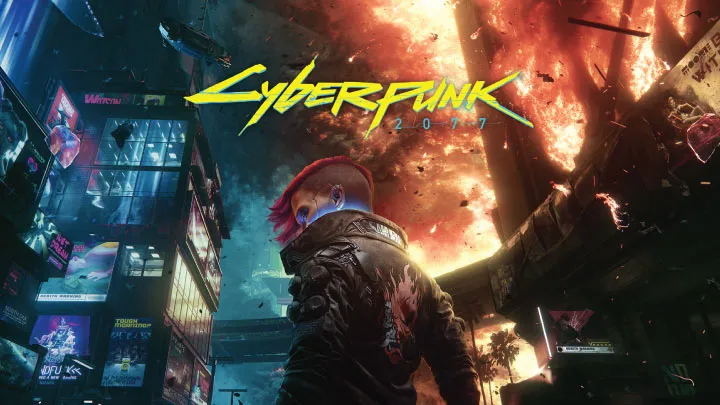
Cyberpunk 2077, developed by CD Projekt Red, was one of the most anticipated games in recent history, drawing on the rich lore of the Cyberpunk tabletop role-playing game and promising an expansive open world filled with deep narratives and immersive gameplay. However, upon its release in December 2020, the game faced significant backlash due to numerous bugs, performance issues, and gameplay shortcomings, particularly on last-gen consoles. This article delves into the critical issue of player experience in Cyberpunk 2077, examining how the game has evolved since its launch, the challenges faced by CD Projekt Red, and the ongoing redemption arc as they work towards restoring player trust and satisfaction.
The Anticipation and Hype
Building the Hype
Leading up to its release, Cyberpunk 2077 was hailed as a revolutionary title in the open-world RPG genre. CD Projekt Red, known for its critically acclaimed The Witcher 3: Wild Hunt, generated immense excitement through a series of captivating trailers, gameplay showcases, and promotional events. The promise of a sprawling, vibrant world filled with intricate stories, diverse characters, and cutting-edge technology captivated both gamers and the media.
This anticipation built a substantial expectation among players, with many pre-ordering the game eager to immerse themselves in the futuristic narrative and stunning graphics. However, this hype would soon clash with reality, setting the stage for one of gaming's most notorious launches.
The Launch and Initial Reactions
Upon its release, Cyberpunk 2077 was met with a mixed response. While some players enjoyed the narrative depth and world-building, many were confronted with a myriad of technical issues, including crashes, graphical glitches, and performance drops. The game was especially problematic on last-gen consoles, leading to widespread disappointment and frustration among players who felt misled by the marketing.
The initial backlash was swift; players took to social media and gaming forums to express their grievances. The situation escalated to the point where major retailers began offering refunds, and Sony even removed the game from its digital storefront for a time. The release of Cyberpunk 2077 became a cautionary tale about hype and expectations in the gaming industry.
The Fallout: Issues Identified
Technical Problems
One of the most glaring issues at launch was the game's technical performance. Players reported frequent crashes, graphical glitches, and broken quests that rendered the game unplayable for many. On last-gen consoles, the performance issues were particularly severe, with frame rates plummeting and the game struggling to maintain stability.
These technical problems not only hindered gameplay but also detracted from the immersive experience that CD Projekt Red had promised. Players found themselves frustrated by the inability to fully engage with the world and story due to the persistent technical issues.
Narrative and Gameplay Shortcomings
In addition to technical problems, many players expressed disappointment with the narrative and gameplay elements. While the main story offered intriguing themes and character development, some side quests felt underdeveloped or repetitive. The choice-and-consequence mechanics that players expected from a CD Projekt Red title did not deliver the depth and impact that had been showcased in previous games.
Moreover, the open-world design, while visually stunning, suffered from a lack of interactivity. Players found that many elements of the environment felt static or unresponsive, undermining the sense of immersion. This combination of narrative and gameplay shortcomings contributed to a growing sense of disillusionment among the player base.
The Response from CD Projekt Red
Acknowledging the Issues
In the wake of the backlash, CD Projekt Red faced immense pressure to address the numerous concerns raised by players. The company's leadership publicly acknowledged the issues, expressing regret for the disappointment caused by the game's launch. This acknowledgment was crucial in beginning the process of rebuilding trust with the community.
CD Projekt Red committed to releasing regular updates and patches to address technical problems and improve the overall gameplay experience. The company also promised to listen to player feedback and incorporate it into future updates, demonstrating a willingness to engage with the community.
Patching the Game
In the months following the launch, CD Projekt Red released a series of patches aimed at fixing bugs and performance issues. These patches included fixes for crashes, optimization improvements, and adjustments to gameplay mechanics. The developer also focused on addressing specific issues raised by players, such as quest glitches and AI behavior.
While these updates represented a step in the right direction, the process of redemption would take time. Players remained cautious, waiting to see if the promised improvements would materialize and whether the game would ultimately meet their expectations.
The Road to Redemption
Major Updates and Improvements
As part of its commitment to improving Cyberpunk 2077, CD Projekt Red began rolling out major updates that significantly enhanced the game. One of the most notable updates came in 2021, which introduced various quality-of-life improvements, optimizations, and additional content. The developer also focused on enhancing the game's AI and NPC behaviors, aiming to create a more immersive experience.
These updates not only addressed technical problems but also sought to enrich the gameplay. Players noticed improvements in the responsiveness of the game world, as well as enhancements to quest design and character interactions. The ongoing commitment to updates demonstrated CD Projekt Red's determination to restore the game's reputation.
Engaging with the Community
Another critical aspect of the redemption process was CD Projekt Red's effort to engage with the community. The company organized Q&A sessions, livestreams, and developer updates to provide transparency about the development process and gather feedback from players. This level of engagement helped rebuild trust and fostered a sense of collaboration between developers and the community.
Additionally, CD Projekt Red encouraged players to share their experiences and suggestions, allowing the team to gain insights into areas that required further improvement. This feedback loop played a vital role in shaping the trajectory of Cyberpunk 2077's post-launch development.
The Impact of Expansion Packs and DLC
The Promise of New Content
As part of its strategy to revitalize interest in Cyberpunk 2077, CD Projekt Red announced plans for future expansion packs and downloadable content (DLC). These additions aim to provide players with new stories, characters, and gameplay experiences, enriching the overall narrative and gameplay.
The promise of new content generated excitement within the community, as players anticipated the opportunity to explore more of Night City and engage with fresh narratives. This approach also served as a reminder of the game's potential, highlighting the rich lore and world-building that had originally drawn players in.
Integrating Community Feedback into New Content
The development of expansion packs and DLC provided an opportunity for CD Projekt Red to incorporate community feedback into the new content. By listening to player preferences and addressing concerns raised during the game's initial launch, the developers aimed to create experiences that resonated with the community.
This collaborative approach not only enhances the quality of the new content but also demonstrates CD Projekt Red's commitment to player satisfaction. By prioritizing player input, the developer can ensure that future additions to Cyberpunk 2077 align with the desires and expectations of the player base.
The Ongoing Challenges
Rebuilding Trust
Despite the positive strides made by CD Projekt Red, the road to redemption is fraught with challenges. Rebuilding trust with the player base is a complex process that requires consistent efforts and transparent communication. While many players have appreciated the improvements and updates, others remain skeptical due to the initial launch experience.
To regain the confidence of players, CD Projekt Red must continue to deliver on its promises, ensuring that each update and piece of content meets the standards expected by the community. This ongoing commitment to quality and transparency will be essential in restoring the game's reputation over the long term.
Addressing Performance on Last-Gen Consoles
One of the most significant challenges facing Cyberpunk 2077 continues to be its performance on last-gen consoles. While updates have improved overall stability, some players still experience issues on older hardware. CD Projekt Red has acknowledged these concerns and has committed to optimizing the game further for these platforms.
Balancing performance across various hardware configurations is a complex task, but it is crucial for ensuring that all players can enjoy the game. Continued efforts to address performance issues will be vital in expanding the player base and retaining existing players.
The Future of Cyberpunk 2077
Expanding the Universe
As CD Projekt Red looks to the future, the potential for expanding the Cyberpunk universe is vast. The success of the game has opened the door to various possibilities for new stories, characters, and gameplay experiences. The development of expansion packs and DLC will allow players to delve deeper into the lore and explore new facets of Night City.
Additionally, the game's world-building may pave the way for spin-off projects, collaborations, or even adaptations in other media. The rich narrative and aesthetic of the Cyberpunk universe provide ample opportunities for exploring diverse storytelling avenues.
Community-Driven Growth
The future of Cyberpunk 2077 will also depend on the continued engagement of the community. Player feedback and involvement will be crucial in shaping the direction of the game. CD Projekt Red has demonstrated a willingness to listen to players, and this collaborative spirit will be essential for maintaining a vibrant and engaged player base.
By fostering a strong relationship with the community and prioritizing player input, CD Projekt Red can ensure that Cyberpunk 2077 evolves into a game that reflects the desires and aspirations of its players.
Conclusion
The journey of Cyberpunk 2077 since its launch has been marked by challenges, setbacks, and significant strides toward redemption. The evolution of the game, particularly in terms of agent design and player engagement, highlights the importance of community feedback, transparency, and ongoing commitment to improvement.
